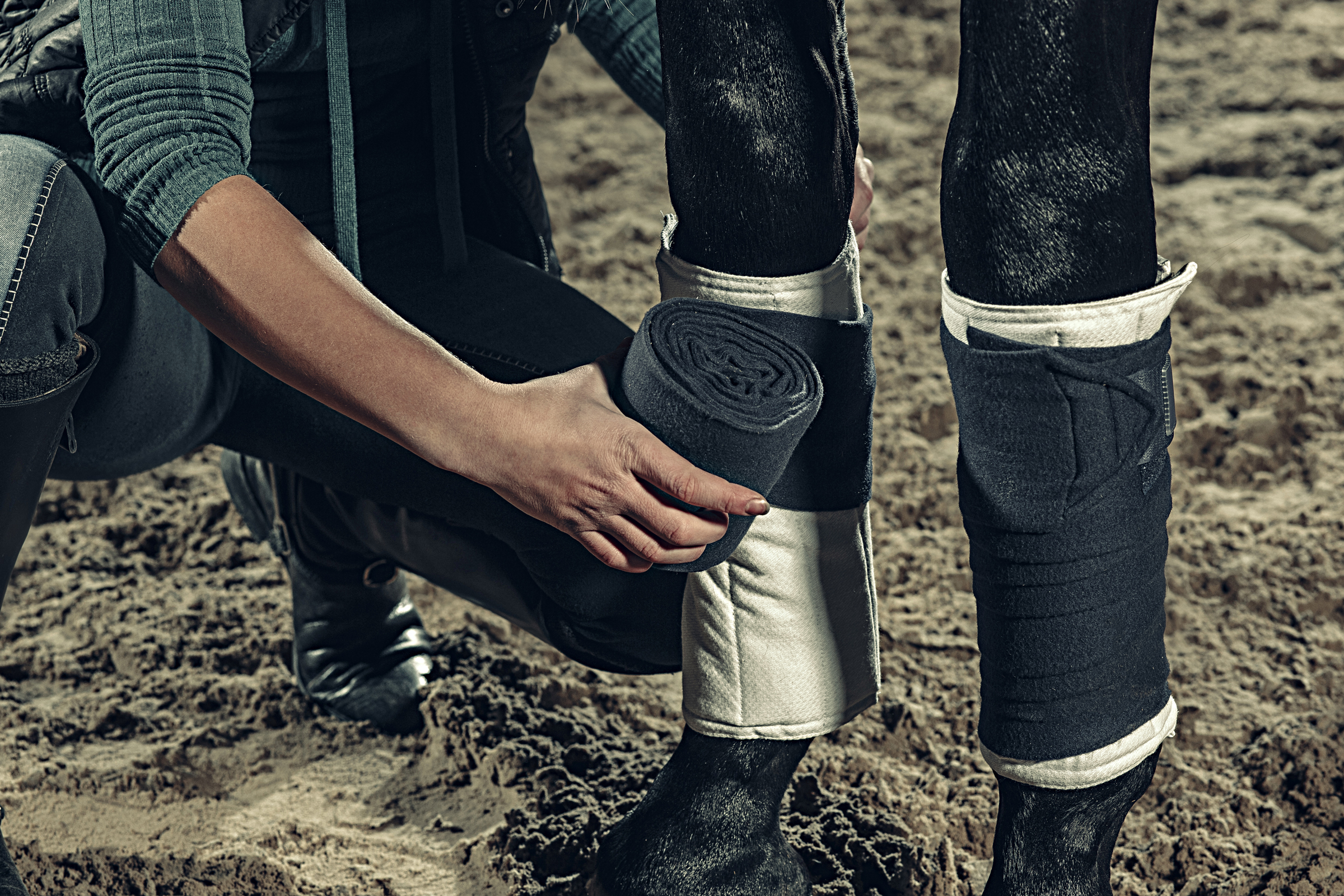
Hosting working students might be a less-expensive source of experienced barn help, but managing these workers can be more time intensive.
Working students, the equivalent of corporate interns, expect to learn about management, training and riding techniques that will help them advance their career. That means they expect to spend time observing and working alongside you, the experienced professional, rather than being handed a list of “to-dos” to accomplish on their own. That doesn’t mean they are looking to be hand-held through every daily chore, just that expect to learn new techniques and strategies.
Annbrit Hodgins, owner and manager of Oakstone Stables in Cooperstown, New York, has employed working students for the past three years. The biggest challenge she has encountered is matching personalities. She provides working students housing in a cottage on the property. The space is designed for four individuals—three working students and an assistant barn manager.
“Sometimes they don’t always get along,” she said. “When it’s a personality conflict, it’s something that is out of my control.”
There is also always a chance that the individual might not have the experience to interact with clients the same way you would in a delicate situation. While Hodgins encourages working students to get involved with the lesson program, she handles all of the customer service-related interaction with the boarders, parents and clients.
“One of my students told a parent that her child was naughty and spoiled,” she said. “What she didn’t know was that person is my son’s boss.”
During the interview process, she does her best to learn the individual’s personality. She tries to find out if the person is quiet or bossy and how they would handle typical scenarios at the barn.
“I try to mix it up. I can’t have all type A personalities,” she said.
One way she determines if the applicant is a good fit is by talking with the rider’s current trainer. She also calls references.
“Even if they’re currently working at a place like Dunkin’ Donuts, it’s important to talk with their references,” she said.
Finding the right working student for your stable starts with understanding what it is you need them to do and understanding if that individual’s personality will fit into your barn’s atmosphere.


